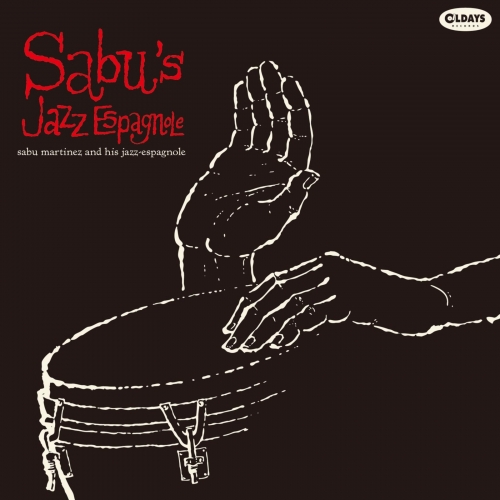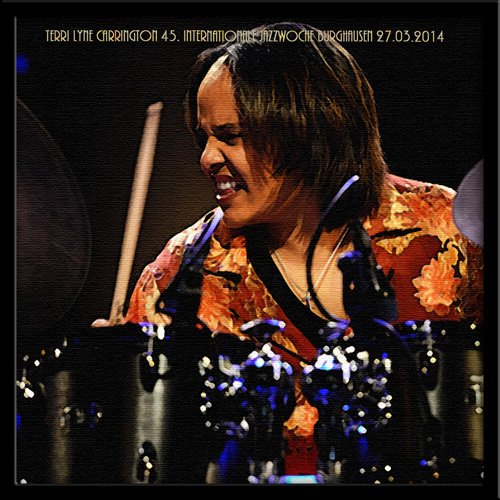Bruce Levingston - Portraits (2006)
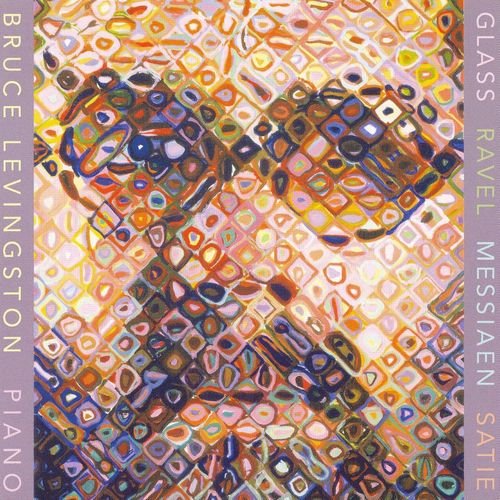
Artist: Bruce Levingston
Title: Portraits
Year Of Release: 2006
Label: Orange Mountain Music
Genre: Classical
Quality: FLAC (image+.cue,log)
Total Time: 01:02:18
Total Size: 228 Mb
WebSite: Album Preview
Tracklist: Title: Portraits
Year Of Release: 2006
Label: Orange Mountain Music
Genre: Classical
Quality: FLAC (image+.cue,log)
Total Time: 01:02:18
Total Size: 228 Mb
WebSite: Album Preview
Philip Glass - A Musical Portrait of Chuck Close
01. Movement I
02. Movement II
Maurice Ravel
03. La vallee des cloches
04. Alborada del gracioso
Olivier Messiaen
05. L'echange
06. Regard de la Vierge
07. L'Alouette Lulu
Erik Satie
08. Sarabande No.2
09. Gnossienne No.4
10. Gymnopedie No.1
Performers:
Bruce Levingston, piano
Pianist Bruce Levingston is artistic director for a New York organization that commissions new music and one of the works commissioned by that group was Philip Glass' A Musical Portrait of Chuck Close, given its world-premiere recording on this album. Levingston suggested the idea to Glass of a musical tribute to the painter after viewing Close's painting of Glass. The piece is in two movements, the first of which is full of alternations -- between major and minor, between meters, between a rocking figure and running scales -- that give it an overall chiaroscuro effect. The second movement opens with the same broken chord figure as Schubert's Fantasy in F minor, only set in D minor. A delicate melody floats on top as the figuration modulates and then the two begin blending and nudging each other into modified forms. It is more overtly emotional, with more of a sense of unresolved uneasiness to it than the first movement, which has more of an inquisitive, seeking nature. To complement the Glass, Levingston chose works of Ravel, Messiaen, and Satie, some of which are specifically character pieces meant to represent a picture of a person or object, some of which aren't, but all of which fit together quite well as he plays them. Levingston has a great amount of control in the way he very carefully colors his playing. Even in the bouncing opening of the Alborada del gracioso, there is a sense of delicacy, that any more strength used would injure the music and the piano. Much more strength is used in Messiaen's "L'échange" from Vingt Regards sur l'Enfant-Jésus to make the contrasts stand out, although more breathing room in it would have given it more of the stillness that is found in "Regard de la Vierge." The Satie pieces are also calmly and gently formed, with the Gymnopédie seeming to have no momentum at all. The program as a whole has a feeling of quiet stillness and fragility, almost monochromatic, with a play of light and dark that forms a larger picture, very much like Close's painting of Glass. The recording's sound is good, not so deeply toned as to upset the mood of the album.
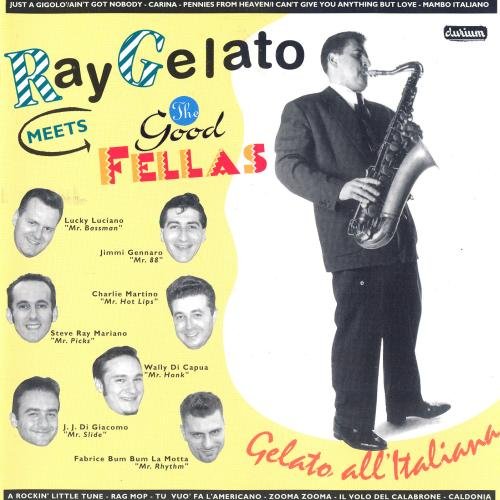
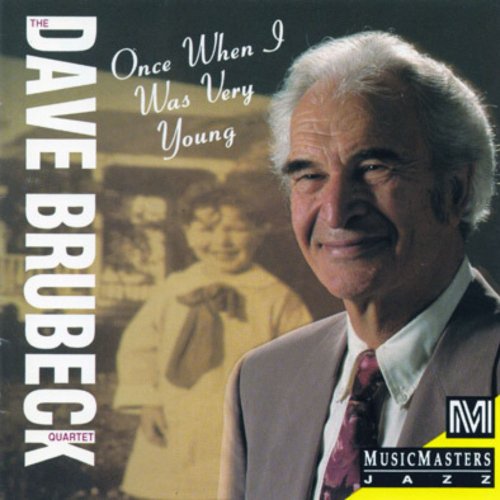
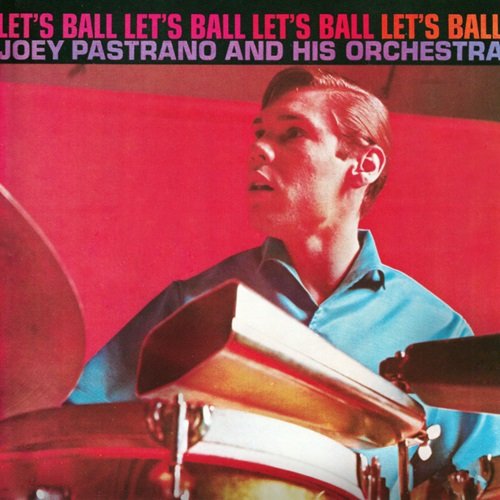
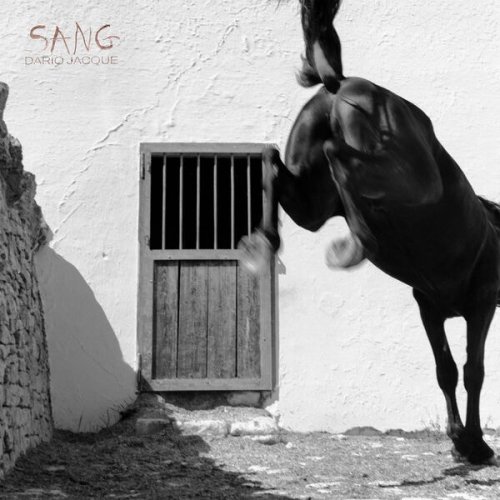
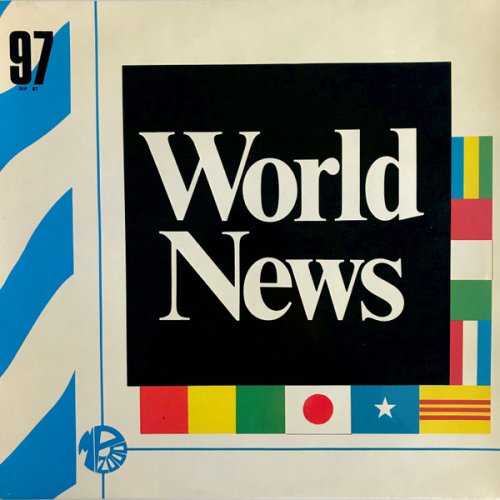
![Macha Gharibian - PHENOMENAL WOMEN (DELUXE EDITION) (2026) [Hi-Res] Macha Gharibian - PHENOMENAL WOMEN (DELUXE EDITION) (2026) [Hi-Res]](https://www.dibpic.com/uploads/posts/2026-02/1770138728_folder.jpg)
![David Chevallier, Sebastien Boisseau, Christophe Lavergne - ReSet (2026) [Hi-Res] David Chevallier, Sebastien Boisseau, Christophe Lavergne - ReSet (2026) [Hi-Res]](https://www.dibpic.com/uploads/posts/2026-02/1770298536_cover.jpg)
